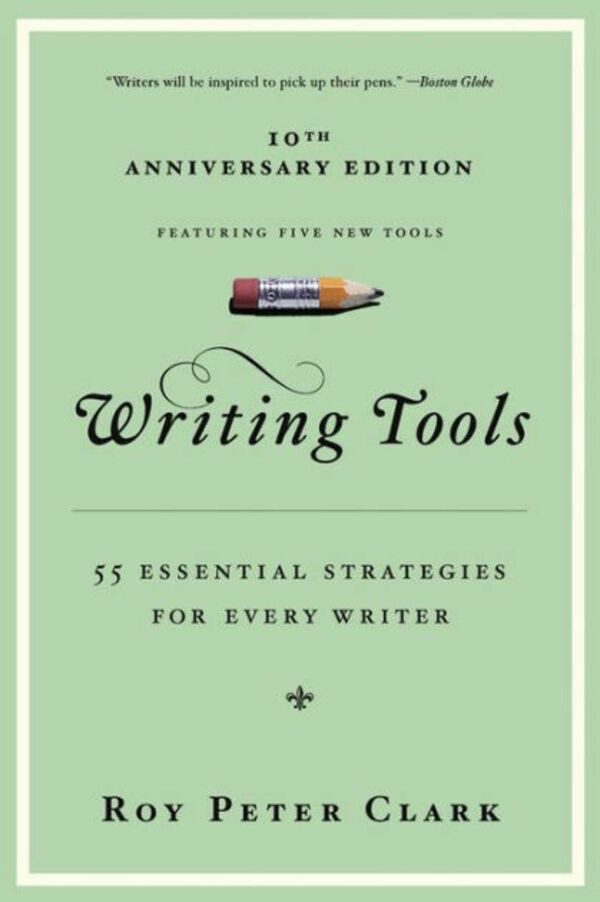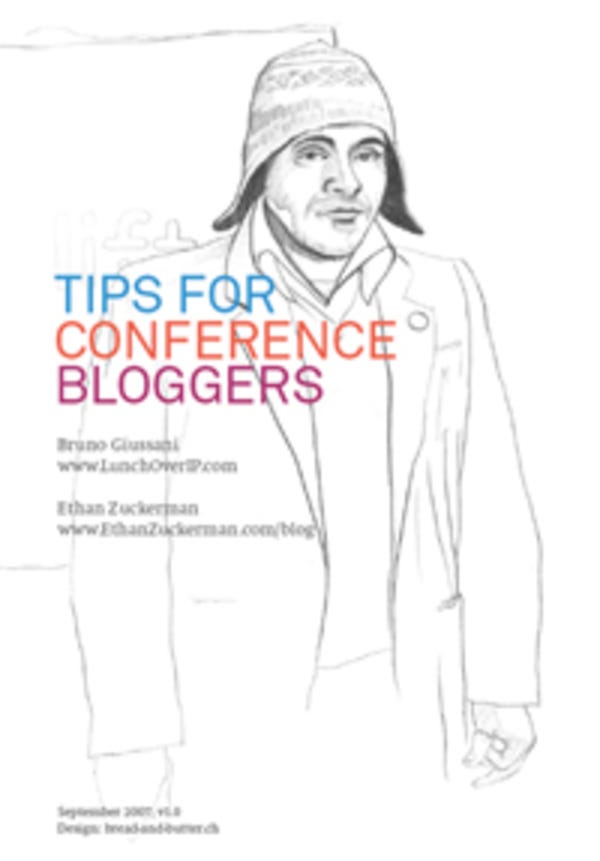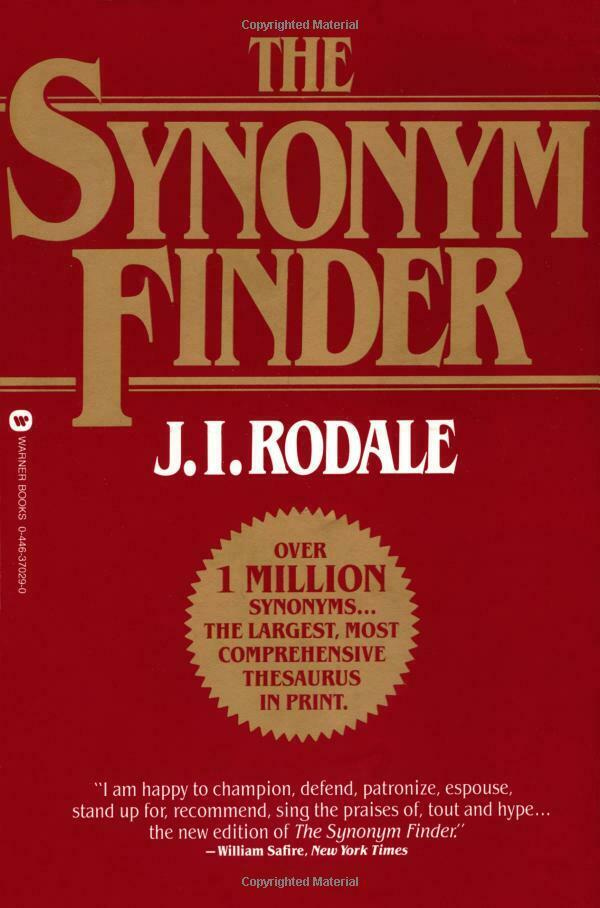Wikipedia: The Missing Manual
Guide to the collaborative encyclopedia
Just because anyone can edit Wikipedia doesn’t mean it’s easy. Sure, you can edit anonymously and say anything you like, but if you want to make edits that last and if you want to participate in a meaningful way that complies with community guidelines, well, there’s a lot to learn. Guidelines can be hard to find on the site, and for better or worse, they’re always evolving.
As the pull-quote on the cover of this book indicates, Cool Tools has previously-recommended other Missing Manuals from O’Reilly. Like the other books in the series, Wikipedia: The Missing Manual is logically structured, includes lots of screen-shots, and is infinitely skimmable. A great introduction and a handy reference, the manual starts out with the basics: editing, creating articles and maintaining them (yes, that’s just the start). More advanced topics include collaboration, advanced formatting, broader site structure, and interface customization.
Documentation at the website is not particularly searchable given the site’s relatively simplistic one-box-fits-all search interface; browsing through documentation and discussion can be difficult and, frankly, overwhelming. In addition to the quite readable, cover to cover flow, the book has a comprehensive index that allows for quick navigation that delivers precise answers to the myriad questions that inevitably arise, especially when you’re just getting familiar with this medium.
Make no mistake, community consensus is always the last (ever-changing) word. But John Broughton, who has also overseen the Editor’s Index to Wikipedia project, can help you ease into editing without committing any major blunders.
11/3/08Excerpt
Wikipedia's rate of change has presented a challenge in writing this book. It's as current as it can be, but if you notice that a screenshot isn't exactly the way Wikipedia appears to you on screen, the something (minor) has changed since just before this book was published. You will see mentions in a number of places in the book about where change may be just around the corner (a WYSISYG edit box, threaded discussions on talk pages, single sign-in across all Foundation projects, and more). These changes could happen just as you're reading this book, or not for a year or two.
Nevertheless, you'll find the core of Wikipedia changes very slowly--after all, it does have an established base of active editors, and a history of success that makes editors reluctant to chance processes that aren't considered broken. So the changes that aren't covered by this book won't prevent you from gaining great Wikipedia editing skills.
*
You don't need to know everything about Wikipedia to edit an article. Wikipedia has literally hundreds of pages of policy, guidelines, and how-to information on topics such as capitalization, categorization, citations, copyrights, disclaimers, foreign language characters, headings, indentation, links, lists, neutrality, pronunciation, quotations, tags, and templates, to name just a few. If you don't get something exactly right, don't worry--no one else gets everything right every time either.
You don't need to know everything about your subject to edit an article. If you add something that's constructive and 90-percent right, that's far better than not doing an edit at all. As in sports, you don't need to hit a home run or score a goal on every play to be a valuable contributor. If you don't get something exactly right, someone else is likely to come along and help by fixing or finishing it.
You can contribute without editing at all. if you see a problem in an article, but you don't (yet) know how to fix it, or you do know how to fix it, but you can't edit the article (some articles are fully protected, typically for short periods of time), you can still help by posting a constructive comment on the article's talk (discussion) page. If you don't want to or can't edit an article directly, you can still help to improve it.
*
A second role of WikiProjects is to maintain portals, mini-Main pages which are entry points for particular topics. ... Note: If you want to search for text or information on a portal page, you need to modify your search to include the namespace Portal, because the normal Wikipedia search is only for information on article pages (pages in the Main namespace). You can do this by modifying your search on the Wikipedia search page by checking the box for the Portal namespace, after doing an initial search to get to the main search page. Another is to change your preference sos that your searches automatically include both mainspace and portalspace.
*
The phrase "For factual and other kinds of questions" means that the Help desk is not the place to look for information contained in encyclopedia articles. For questions like, "How long do butterflies live?" use the search box to find the article Butterfly, which probably contains the answer.
Some questions aren't answered in articles because they're not really encyclopedic, like "What's a good camera to buy for someone who wants to be a professional photographer?" Take those questions to the Rference desk (shortcut: WP:R), which is similar to a librarian service (and another place to put your question-answering expertise to good use).
*
What you see in the Wikipedia window in front of you isn't fixed in concrete. Wikipedia has a surprising number of ways that you can modify its appearance when you view it. If you're a registered editor, you have a My Preferences page, where you can change a number of settings that control how Wikipedia's pages look on your screen.
*
In late 2007, Wikipedia added a new, eleventh tab to the My Preferences page-- the Gadgets tab. ... The Gadgets tab lets you quickly implement JavaScript user scripts developed by other editors to add cool new features to Wikipedia. Chapter 21 describes how to implement JavaScript user scripts by copying them to a page in your userspace. Using the Gadgets tab is much easier; just select a gadget, and then click Save. Then, as the instructions at the bottom of the tab say, bypass your browser cache to see the gadget's effects. ... You can get more information about each item on the Gadgets tab by looking at the Special:Gadgets page.
(Update: O'Reilly recently announced that the Manual has been migrated to Wikipedia. Checkout the dynamic incarnation at Help:Wikipedia: The Missing Manual . — editors)
Wikipedia: The Missing Manual John Broughton 2008, 502 pages $22









